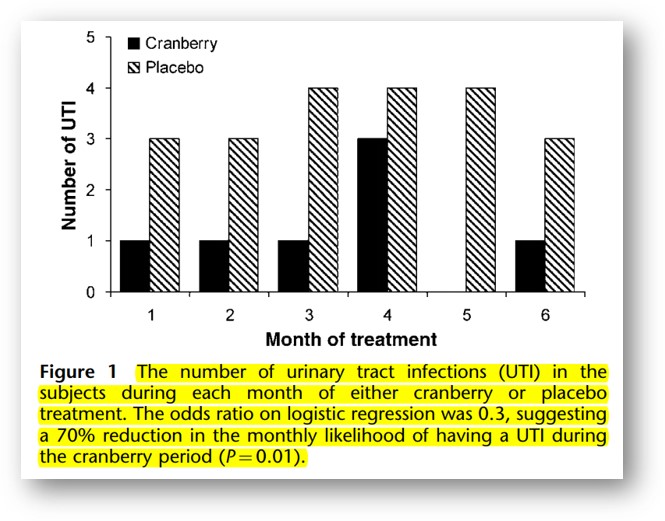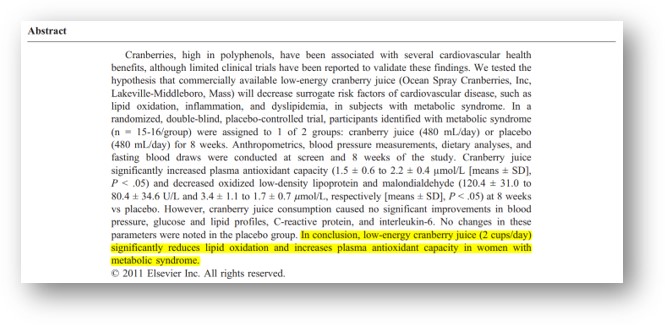When you are often thirsty and unbearable, 'this' to protect urinary tract health
Hello. I'm a pharmacist Jinny.
Have you ever urinated low but often felt dry or unbearably rushed? This is a typical symptom of a UTI, and depending on the affected area, it is called cystitis, pyelonephritis, etc. Due to the short length of women's anatomy between the anus and urethra, women in particular are more susceptible to UTIs than men.
UTIs are caused by harmful bacteria, including E. coli, that are present in the area around the digestive tract, vagina, and urethra. Harmful bacteria stick to the urinary tract mucosa and colonize, and gradually travel from the urethra to the bladder and kidneys, causing infection.
Therefore, today we would like to introduce you to a magical fruit that can help with UTIs: cranberries.
Cranberries have been used for the prevention and treatment of urinary tract infections since early on, and they are widely known in Korea as a good ingredient for women and cystitis. This is because the proanthocyanidins contained in cranberries inhibit the adsorption of harmful bacteria into the urinary tract mucosa.
A 2008 study showed that consumption of cranberry extract reduced the incidence of UTIs [1].

"The number of UTIs in subjects treated with cranberry or placebo in each month. The odds ratio for logistic regression analysis was 0.3, suggesting a 70% reduction in the monthly probability of developing UTIs during the cranberry treatment period."
And that's not all. Cranberries contain a variety of polyphenols, which are antioxidants. Therefore, North America, where cranberries originate, recognized the value of cranberries early on and used them as a health food. Especially in the United States, cranberry juice is as common as milk.
In 2011, researchers in the United States published a study in Nutrition Research that examined the effects of low-calorie cranberry juice consumption on factors such as lipid oxidation in subjects with metabolic syndrome [2].

"As a result, low-calorie cranberry juice (2 cups per day) significantly reduces lipid oxidation and improves plasma antioxidant capacity in women with metabolic syndrome."
The 'coronary artery' refers to the two blood vessels that supply blood to the heart. The deposition of cholesterol on the walls of the blood vessels of the arteries, including the coronary arteries, causes the walls to become thicker and harder, which is called atherosclerosis. It has been clinically shown to cause diseases such as angina, myocardial infarction, heart failure, or sudden death. Therefore, it is important to pay close attention to your eating habits and manage risk factors such as high blood pressure and diabetes.
A 2011 study studied the effects of cranberry juice consumption on vascular function in subjects with coronary artery disease and reported:

"Long-term cranberry juice consumption reduced the pulse wave velocity in the carotid femur, a clinically relevant measure of arterial stiffness."
[2] Arpita Basu, Nancy M. Betts, Jennifer Ortiz, Brandi Simmons, Mingyuan Wu, Timothy J. Lyons. (2011). Low-energy cranberry juice decreases lipid oxidation and increases plasma antioxidant capacity in women with metabolic syndrome, Nutrition Research, 31(3):190-196.
[3] Mustali M Dohadwala, Monika Holbrook, Naomi M Hamburg, Sherene M Shenouda, William B Chung, Megan Titas, Matthew A Kluge, Na Wang, Joseph Palmisano, Paul E Milbury, Jeffrey B Blumberg, Joseph A Vita. (2011). Effects of cranberry juice consumption on vascular function in patients with coronary artery disease, The American Journal of Clinical Nutrition, 93(5):934–940.


![[Cranberry benefits] is it good for urinary tract health? 3 Benefits of Cranberries](http://esther-mall.com/cdn/shop/articles/37.jpg?v=1734004929&width=480)
![[Cabbage benefits] Is it a myth or a fact that cabbage is good for the stomach?](http://esther-mall.com/cdn/shop/articles/36.jpg?v=1734004674&width=480)
